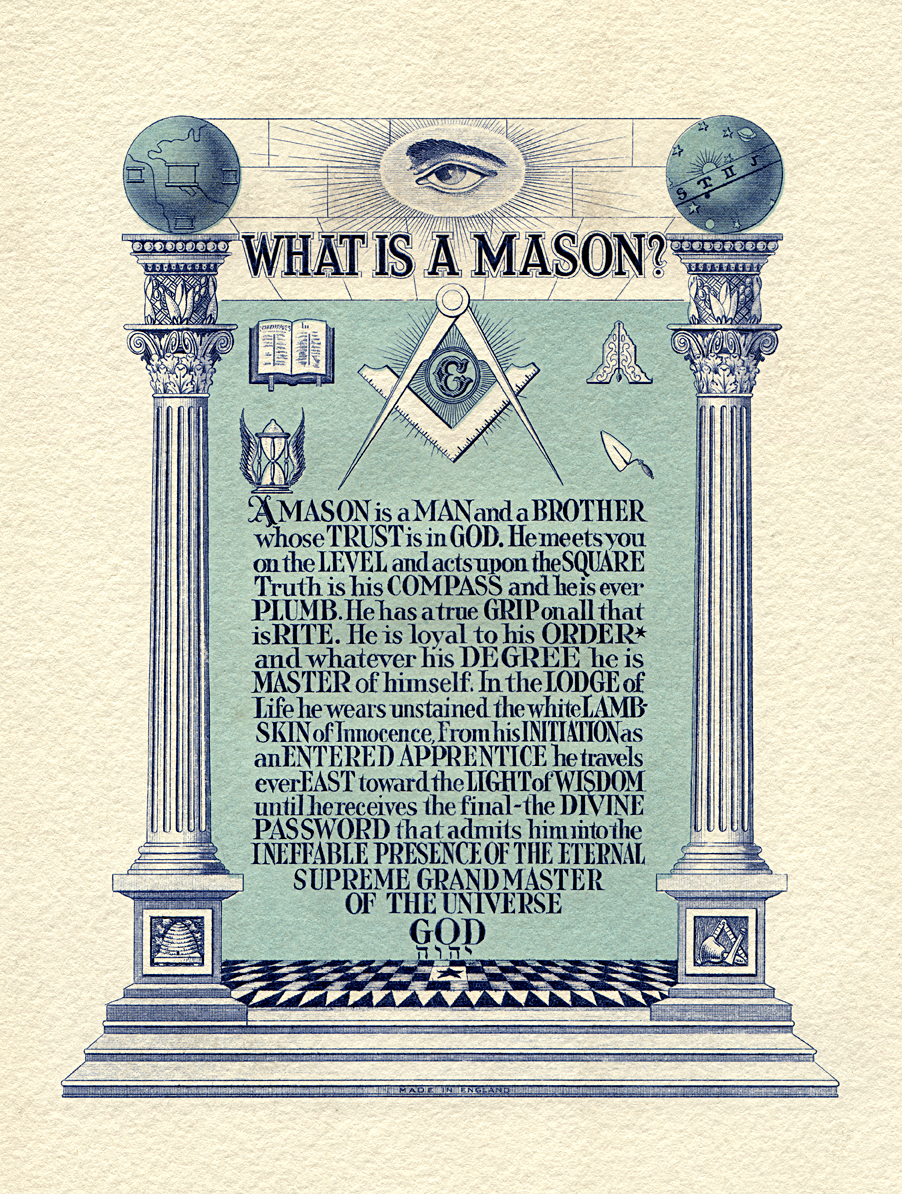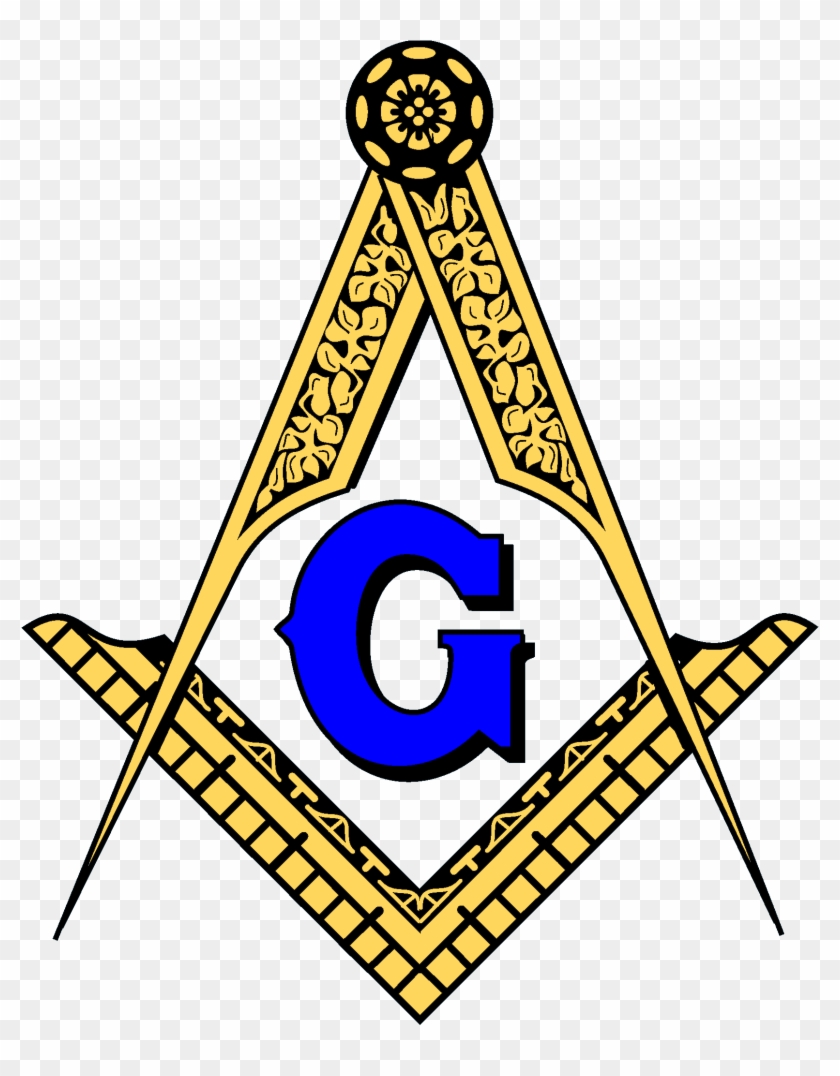The Enduring Legacy: What It Means To Be A Mason Today
**In an age of constant change and fleeting trends, certain institutions stand the test of time, their principles echoing through centuries. One such organization is Freemasonry, a fraternity steeped in history yet remarkably relevant in the modern world. For those curious about the journey of a member, perhaps like a hypothetical "Mason Moore x" embarking on this path, understanding the foundational tenets and the vibrant community that defines this ancient brotherhood is essential.**
Freemasonry is far more than just a historical curiosity; it is a living, breathing society of men united by a common set of values and beliefs, dedicated to self-improvement and making a positive impact on the world. This article will delve deep into the heart of Freemasonry, exploring its rich past, its core principles, and what it truly means to be a Mason in the 21st century, drawing insights from its enduring traditions and global presence.
Table of Contents
- The Ancient Roots of Freemasonry
- The Core Values: What Binds a Mason Together
- A Global Fraternity: Reach and Diversity
- The Journey to Becoming a Mason
- Life Inside a Masonic Lodge
- Famous Figures Who Were Masons
- Modern Freemasonry: Traditions and Adaptations
- Why Men Choose to Become Masons Today
The Ancient Roots of Freemasonry
Freemasonry is a fraternal organization that has been around for centuries, establishing itself as one of the oldest and most honorable fraternities known to man. Its origins are often traced back to the stonemasons' guilds of the Middle Ages, who built the great cathedrals and castles of Europe. These skilled craftsmen formed tight-knit communities, sharing trade secrets, upholding standards of workmanship, and providing mutual support. Over time, these operative guilds began to admit "accepted" or "speculative" members – men who were not stonemasons by trade but were drawn to the fraternity's moral and philosophical teachings. This transition marked the birth of modern Freemasonry as we know it today.
It is a society of men who are united by a common set of values and beliefs, evolving from practical craftsmanship to a system of morality veiled in allegory and illustrated by symbols. This rich history underscores its reputation as the largest and oldest organization for men in the world, outside of religious organizations. The enduring nature of Freemasonry speaks volumes about the timeless appeal of its principles and the strength of its fraternal bonds.
The Core Values: What Binds a Mason Together
At its heart, Freemasonry is a commitment to personal growth and the betterment of society. Masons are men of good character who strive to improve themselves and make the world a better place. The teachings of Freemasonry enjoin its members to live by principles of integrity, charity, and brotherly love. For any aspiring Mason, much like a contemporary "Mason Moore x" seeking purpose, understanding these core values is paramount to appreciating the essence of the fraternity.
Brotherhood and Shared Beliefs
What binds Freemasons together is a shared belief in universal truths and a commitment to moral conduct. Freemasonry unites men of good character who, though of different religious, ethnic, or social backgrounds, share a belief in the existence of a Supreme Being and in the immortality of the soul. This fundamental spiritual belief is a cornerstone, allowing men from diverse walks of life to come together in harmony, respecting each other's individual faiths while focusing on shared ethical principles. It is a fraternal organization of men who believe in brotherhood and helping others, fostering a unique bond that transcends societal divisions.
The Pursuit of Self-Improvement
The journey of a Mason is one of continuous self-improvement. The fraternity provides a framework for its members to cultivate virtues such as honesty, compassion, and wisdom. Through its rituals and philosophical discussions, Masons are encouraged to reflect on their actions, learn from their experiences, and strive to become better men, fathers, husbands, and citizens. This emphasis on personal development is a key differentiator, offering a structured path for individuals to refine their character and contribute positively to their communities. It's about building oneself, much like the ancient stonemasons built structures, but in this case, building a moral and ethical character.
A Global Fraternity: Reach and Diversity
Freemasonry is a truly global phenomenon, with a presence in virtually every corner of the world. Estimates of the worldwide membership of Freemasonry run into the millions, making it one of the most widespread fraternal organizations. While its exact numbers fluctuate, its influence and reach are undeniable.
Freemasonry remains most popular in the British Isles and countries that were originally within the British Empire, reflecting its historical spread through colonial ties. However, its principles have resonated across cultures, leading to a vibrant and diverse membership worldwide. This global network provides Masons with opportunities for connection and fellowship far beyond their local communities, fostering a sense of universal brotherhood that transcends national borders. A Mason traveling abroad can often find a welcoming lodge and fellow Masons, reinforcing the global nature of this ancient bond.
The Journey to Becoming a Mason
For those intrigued by the values and community of Freemasonry, the path to becoming a member is clear, though it requires genuine interest and commitment. To become a Mason, one only needs to be a man of good character and to believe in a God, whatever form that may take for each individual. This inclusivity regarding religious belief, focusing on the existence of a Supreme Being rather than a specific doctrine, is a hallmark of the fraternity.
Eligibility and Beliefs
To become a Freemason, the applicant has to be an adult male and must believe in the existence of a Supreme Being and in the immortality of the soul. This spiritual prerequisite is fundamental, as the fraternity's teachings are rooted in moral and philosophical principles that draw upon a belief in a higher power. Beyond this, the emphasis is on character: a man who belongs to the fraternity of Freemasonry is expected to embody integrity, honesty, and a desire for self-improvement. This foundation ensures that members are aligned with the core ethical framework of the organization.
The Application Process
The process of joining Freemasonry typically involves an inquiry by the interested individual, followed by an invitation to meet with members of a local lodge. This allows both the prospective member and the existing Masons to get to know each other. The application process is thorough, often involving interviews and a vote by the lodge members. This ensures that new members are a good fit for the fraternity's values and community. It's a deliberate process designed to maintain the integrity and harmony of the lodge, ensuring that each new Mason, much like a dedicated "Mason Moore x" seeking true belonging, is genuinely committed to the fraternity's ideals.
Life Inside a Masonic Lodge
For many, the inner workings of a Masonic lodge remain a mystery, shrouded in popular culture and historical speculation. However, understanding what happens in a Masonic lodge is key to demystifying the fraternity. A lodge is the basic organizational unit of Freemasonry, where members meet regularly for various purposes. These meetings typically involve conducting the business of the lodge, such as managing finances and planning charitable activities, as well as performing traditional Masonic rituals.
These rituals are symbolic dramas that convey moral and ethical lessons, often using allegories related to the tools and practices of operative stonemasons. They are not religious ceremonies, but rather educational tools designed to impress upon members the importance of virtues like wisdom, strength, and beauty in their lives. Beyond the formal proceedings, lodge meetings are also occasions for fellowship, where Masons can connect, share experiences, and support one another. The atmosphere is one of mutual respect and camaraderie, fostering a strong sense of community among members.
Famous Figures Who Were Masons
Throughout history, many prominent figures have been Freemasons, underscoring the fraternity's appeal across various fields of influence. Famous Freemasons can be found throughout history, from leaders and statesmen to artists and scientists. Their involvement often reflects the fraternity's emphasis on moral leadership, intellectual pursuit, and community service.
Perhaps two of the most iconic American examples are George Washington, who was a Master Mason, and Benjamin Franklin, a founding member of the first Masonic lodge in Pennsylvania. These figures, instrumental in the founding of the United States, embodied the ideals of liberty, enlightenment, and civic duty that resonate deeply within Masonic teachings. Other notable Masons include figures like Wolfgang Amadeus Mozart, Winston Churchill, and Buzz Aldrin, demonstrating the diverse range of individuals who have found value in the fraternity's principles. Their legacies often intertwine with the values they cultivated within their Masonic lives, reflecting the enduring impact of the brotherhood.
Modern Freemasonry: Traditions and Adaptations
Modern Freemasonry broadly consists of three main traditions, each with slight variations in practice but united by core principles. These traditions generally include the Anglo-American (Regular) Freemasonry, Continental (Liberal) Freemasonry, and various appendant bodies. While the fraternity honors its ancient customs and landmarks, it has also adapted to the modern world, demonstrating its resilience and relevance.
The core tenets of brotherhood, charity, and truth remain unchanged, but lodges today engage with contemporary issues and utilize modern communication methods. The focus continues to be on personal development and community service, with Masons actively participating in charitable endeavors, supporting local causes, and contributing to the welfare of society. For a modern individual like "Mason Moore x," the fraternity offers a stable anchor of values in a rapidly changing world, providing a sense of belonging and a platform for meaningful engagement.
Why Men Choose to Become Masons Today
In an increasingly digital and often isolating world, the appeal of a tangible, supportive community remains strong. Men choose to become Masons for a variety of reasons, often seeking fellowship, personal growth, and an opportunity to contribute to something larger than themselves. The fraternity offers a unique environment where men can forge deep, lasting friendships with individuals from diverse backgrounds, all united by a shared commitment to moral principles.
Beyond the social aspect, Freemasonry provides a structured path for self-improvement, encouraging members to reflect on their character and strive for excellence. The lessons learned within the lodge are designed to be applied in daily life, helping Masons become better individuals, family members, and citizens. The charitable work undertaken by Masonic lodges also offers a direct avenue for members to give back to their communities, making a tangible difference in the lives of others. It’s a holistic experience that nurtures the mind, strengthens the spirit, and fosters a sense of purpose.
Conclusion
Freemasonry, with its centuries-old traditions and global reach, continues to be a powerful force for good in the world. It is a testament to the enduring human desire for brotherhood, moral development, and collective betterment. From its ancient origins in stonemason guilds to its modern manifestation as a global fraternity, Freemasonry has consistently upheld values of integrity, charity, and mutual support.
Whether you are an individual seeking a path for personal growth, a community built on strong moral principles, or simply curious about one of the world's most enduring fraternal organizations, learning about Freemasonry reveals a rich tapestry of history, philosophy, and human connection. We encourage you to explore further, perhaps by visiting the website of a Grand Lodge in your region or engaging with Masons in your local community. Share your thoughts in the comments below, or consider sharing this article with someone who might be interested in the profound journey of a Mason.

What Is A Mason

15 Freemason Vector Mason Symbol For Free Download - Masonic Square And
/brick-mason-56a0f0fb5f9b58eba4b5672b.jpg)
What Is a Mason - Job Description